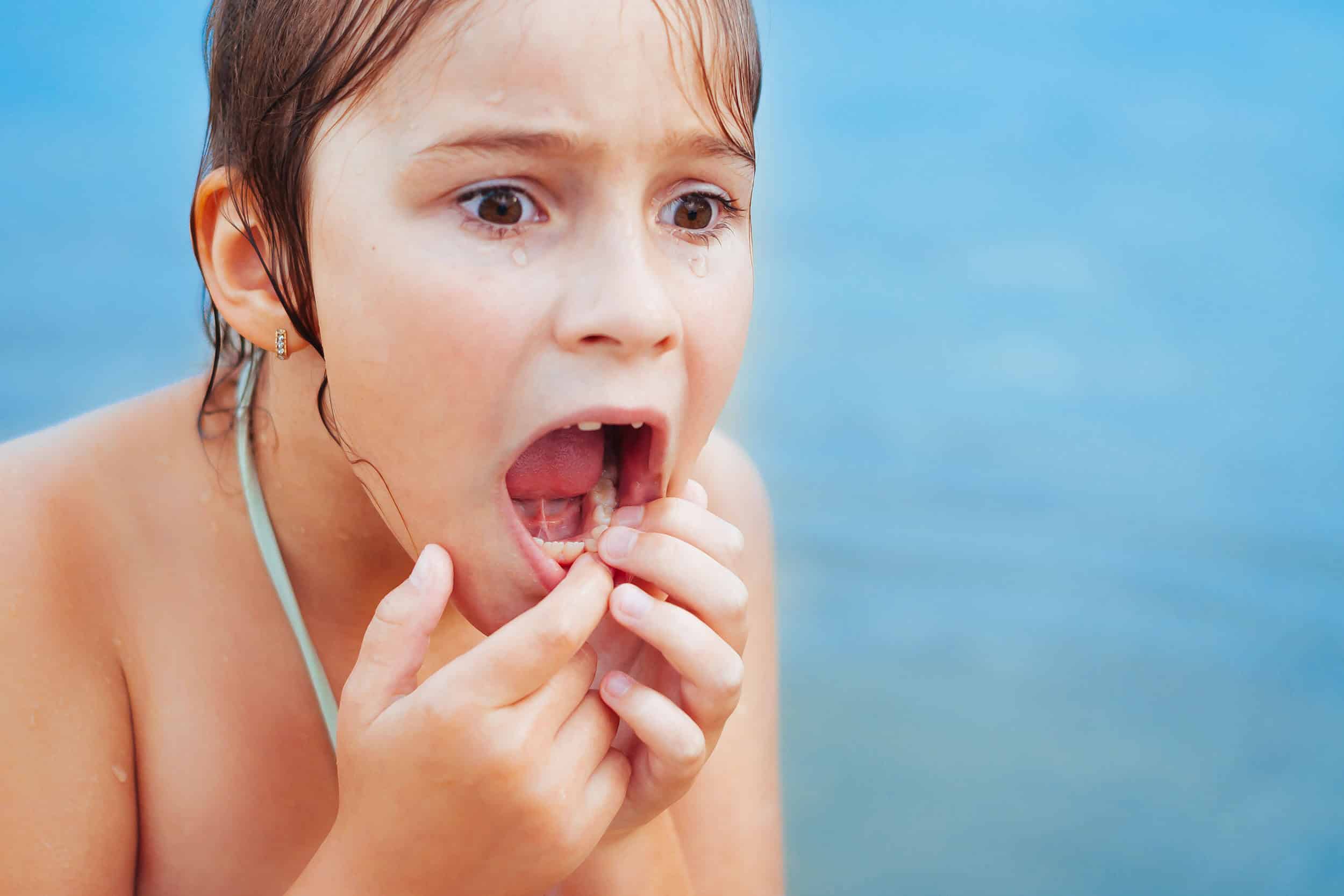

Introduction to emergency dentistry:
Emergency dentistry is one of the branches of dentistry that deals with every kind of dental emergency includes bleeding of gums, reducing toothache, saving an injured tooth, or dealing with other life-threatening dental situations at All Kind Smiles.
Causes of dental emergencies
There are present many reasons that lead to a dental emergency. Some of them are as follows:
Types of dental emergencies and what to do?
Injuries to the soft tissue including gums and lips as well as the teeth are quite an alarming situation and should be dealt with immediately. Most people ignore them and thus the problem worsens which results in a high risk of permanent damage along with the obvious costly treatment.
There are many different types of dental emergencies. Some of the most common ones are listed as follows:
Toothache can range from mild to severe. if the toothache is mild, it can be treated by rinsing out the mouth with lukewarm water and cleaning the mouth by using the proper tooth brushing technique. If swelling is also associated with toothache, then use a cold pack or compress against the skin around the skin.
Taking over-the-counter painkillers like ibuprofen can help with the pain, but if the pain is too severe like in irreversible pulpitis then stronger painkillers are needed which can only be prescribed by Dr. Pogodzinski. Toothaches that are tooth severe to bear should not be avoided and a visit to the dentist should be readily planned.
In the case of a cracked tooth which mostly happens during physical accidents like falling off the stairs or while riding a bike. Rinsing out the mouth to clear the oral cavity of any bleeding. The swelling due to the cracked tooth can be brought down with the help of using a cold pack. If the cracked tooth is present in the anterior, esthetic concerns are added. The patient should schedule an appointment with Dr. Pogodzinski. as soon as possible.
If an injury occurs that leads to a fracture or knocking off the permanent tooth, then it is considered a dental emergency and immediate treatment should be administrated.
Dr. Pogodzinski. advises that the person should rinse out the knocked-off tooth and should not at all scrub it in any case. The person should try to relocate the knocked-out tooth to its original place. If there is a danger of further damage to the tooth or if the person is not able to place the tooth back, then he or she should place it in a cup of fresh milk for safekeeping. Then call All Kind Smiles right away.
A cracked tooth if suffers more damage when not treated right away can lead to a broken tooth. If the person notices a lump of reddish soft tissue sticking out, he or she should immediately contact All Kind Smiles. Dr. Pogodzinski will most likely repair the tooth and try to save the tooth.
The patient should try to save any broken pieces of the tooth if any. Rinse the tooth and apply gauze and pressure if bleeding is present to stop it. If swelling is present, then make use of a cold press around that area.
If there is bleeding from the mouth, it is an indicator of either acute or chronic infection. If blood is present during flossing, then the infection is acute but if bleeding occurs spontaneously without any stimulus which may show in the saliva then the situation is more severe for example oral cancer.
Normally our mouth does not bleed because many protective factors are present to avoid it like antibodies. Bleeding disorders can lead to non-stop bleeding which can be seen that after a tooth extraction bleeding does not stop spontaneously. Conditions like gum diseases should be bought to the attention of the dentist so that they can be treated right away and do not progress to the chronic stage.
An abscess is an accumulation of pus or an infection that can be present between the tooth surface and gums or at the apex of the root. It can damage the surrounding tissue and can also spread to other parts of the body as well.
As this condition can cause general as well as dental health problems, it should be bought to the notice of Dr. Pogodzinski and get it treated which is mostly done by pus drainage. In the meantime, the patient should rinse out his or her mouth with saline water to bring the pus to the surface and relieve the pain. It appears as a pimple-like lesion on the oral mucosa.
To sum up:
Dental emergencies are those that range from mild to severe and should be treated right away at ALl Kind Smiles. These include toothaches, cracked or broken teeth, oral diseases, bleeding gums, dislodged filling, or root fractures. If mild, the injury can be treated at home by simply rinsing the mouth or using a cold press. But if the swelling is severe then they should call Dr. Pogodzinski at 414-475-0588 right away.